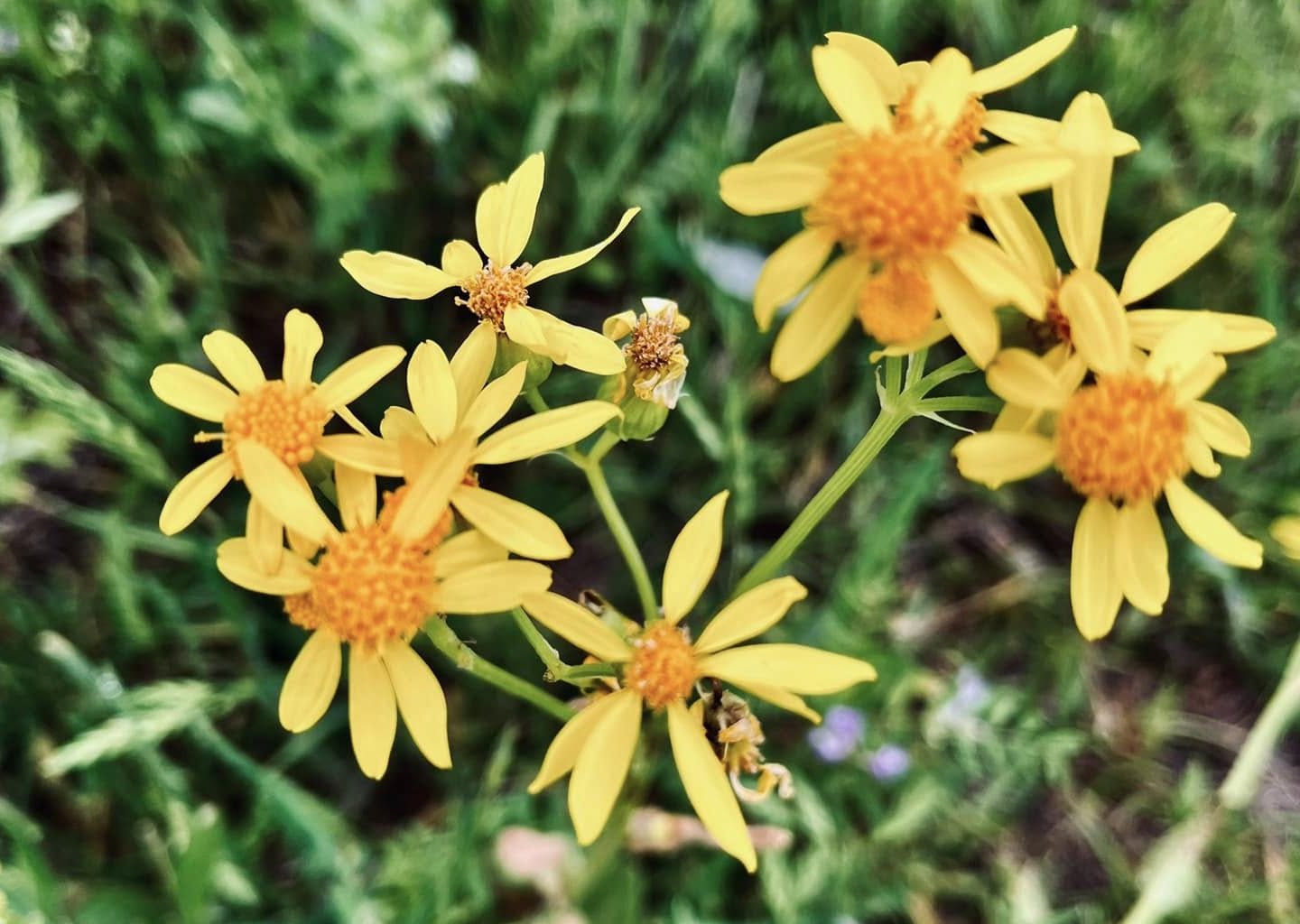
Hospice Austin’s Blog
Honoring the Legacy of Qusay Hussein, Ph.D
Working at Hospice Austin, we have the privilege of meeting so many extraordinary people. Patients whose stories leave lasting impressions. One such patient was Qusay Hussein, Ph.D., a bright, shining light whose legacy continues to inspire all who had the honor of...
For the Ones We Remember, A Camp Brave Heart Story
Written By: Kyleigh Halliwell Since I was born, I knew my mom was sick. I remember being young and not understanding why my mom had to...
Camp Brave Heart: A Place for Healing, Hope, and New Friendships
Experiencing grief for the first time as a child can feel overwhelming, isolating, and even frightening. One of the most powerful ways to support grieving children is to show them they are not alone—that they can learn to live with loss while still finding joy. That’s...
When Grief Feels Heavy, Gratitude Can Help You Carry It
Grief is heavy, consuming, and often isolating. When we lose someone we love, the idea of feeling gratitude may seem impossible—maybe even offensive. What is there to be grateful for when someone we love is gone? And why would we even need to feel gratitude in the...
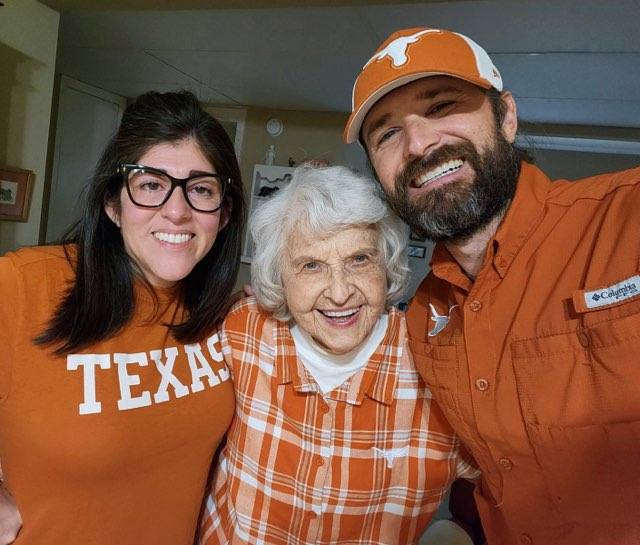
A Lifelong Love for Football and a Century of Gratitude: Grace Hollinger’s Inspiring Story
When it comes to passionate fans of the University of Texas (UT) football, you’d be hard-pressed to find anyone more devoted than Grace Hollinger. At 100 years old, Grace isn’t just a fan, she’s a true testament to the power of love for the game and its impact on her life. As her 101st birthday approaches on January 15th, Grace’s family believes UT football has been a cornerstone of her resilience and joy.
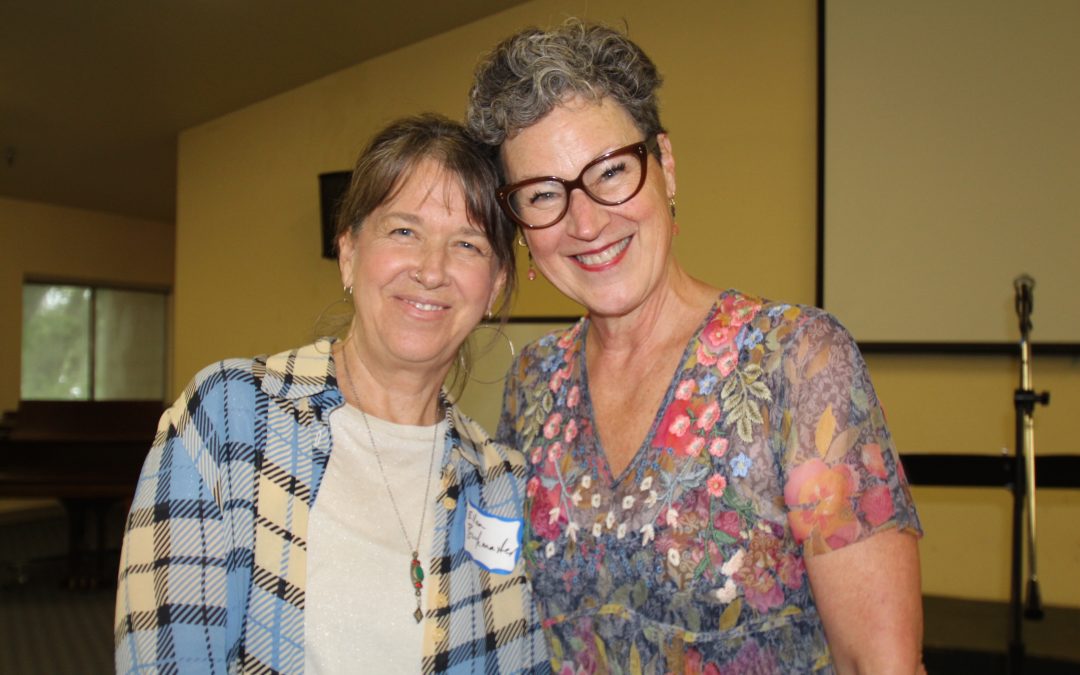
A Portal to Profound
When I tell people I’m a hospice volunteer, I almost always get something like, “Oh good for you. I could never do that,” as if my efforts are heroic or out of the ordinary. It’s an interesting and perhaps telling response, because I think we all tend to downplay our ability to show up and meet the sorrows in our world.
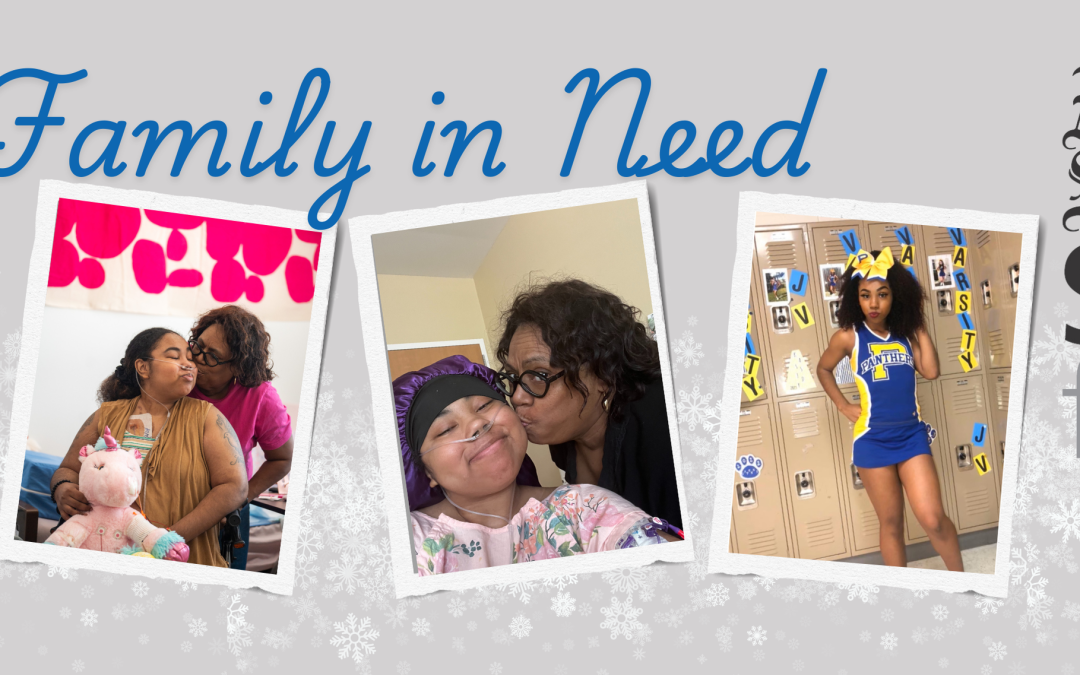
Season For Caring – Jazmin Campbell
Jazmin is featured in the Austin American-Statesman’s Season for Caring Program. Funds raised through this initiative will support Jazmin and other families served by Austin Palliative Care with essential needs like rent, utilities, and groceries. To learn more about...
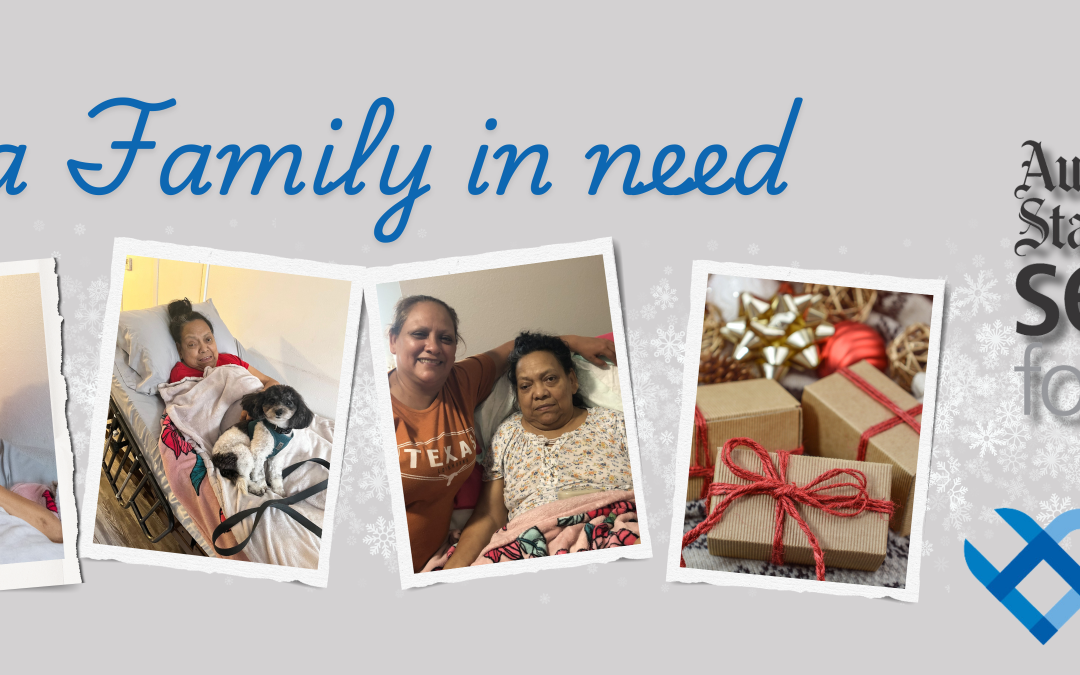
Season for Caring – Olga Aranda Guzman
Ana and Olga are featured in the Austin American-Statesman’s Season for Caring Program. Funds raised through this initiative will support them and other families served by Hospice Austin with essential needs like rent, utilities, and groceries. To learn more about...
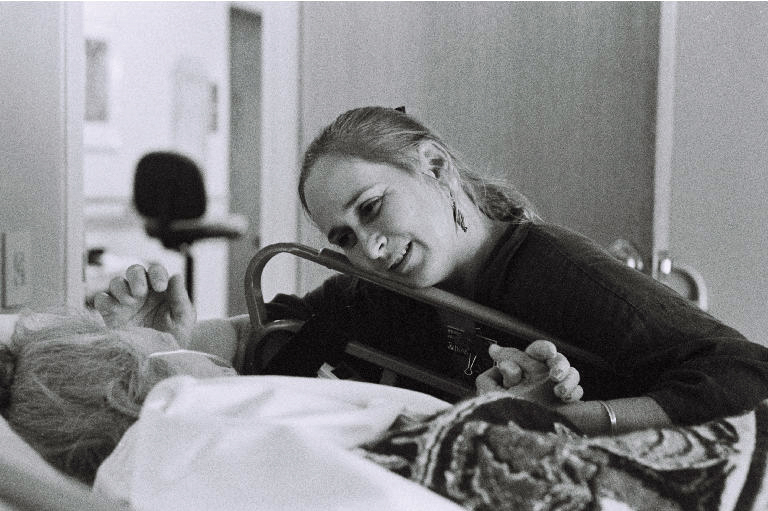
Patients Before Profit
I read recently that a private equity-backed hospice chain that formed in 2019 for $21 million is
seeking a buyer. This chain serves patients in Austin. Hospice care has become big business, and it’s commonplace for private equity firms looking for a quick profit to acquire and then sell hospice companies within a relatively short time period (3-5 years). In fact, the practice has become so frequent that the Centers for Medicare and Medicaid have prohibited the “flipping” of hospice licenses for three years after a purchase in Texas and three other states.
It made me wonder about the commitment of these companies to the patients and families under their care.
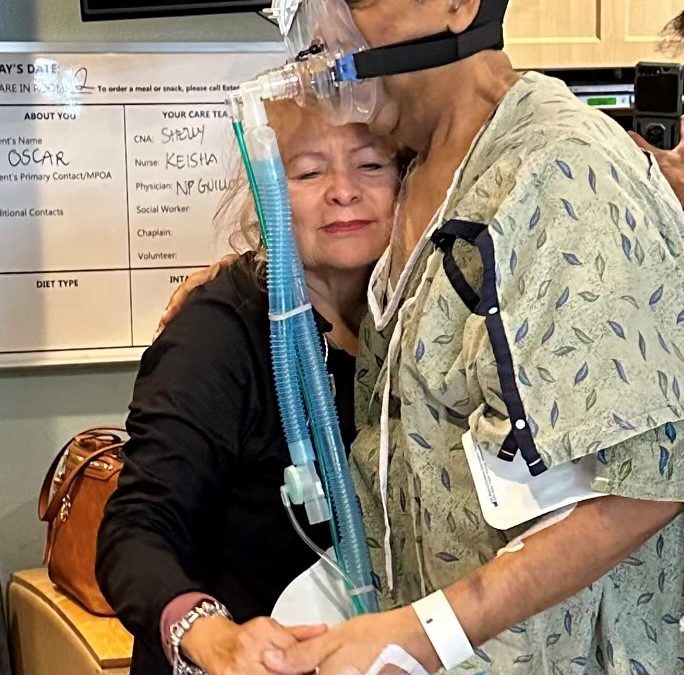
The Sweetest Dance
When he arrived at Christopher House, I asked for the name of their favorite song to dance to, and it was Gary Hobb, Las Miradas. Once in the room, I gathered all the family outside of the room, in the room and around the bed to witness Oscar dance the last time with his sweet wife. I helped stand the patient up and he said to me, “You are granting me my final wish and I thank you.”





